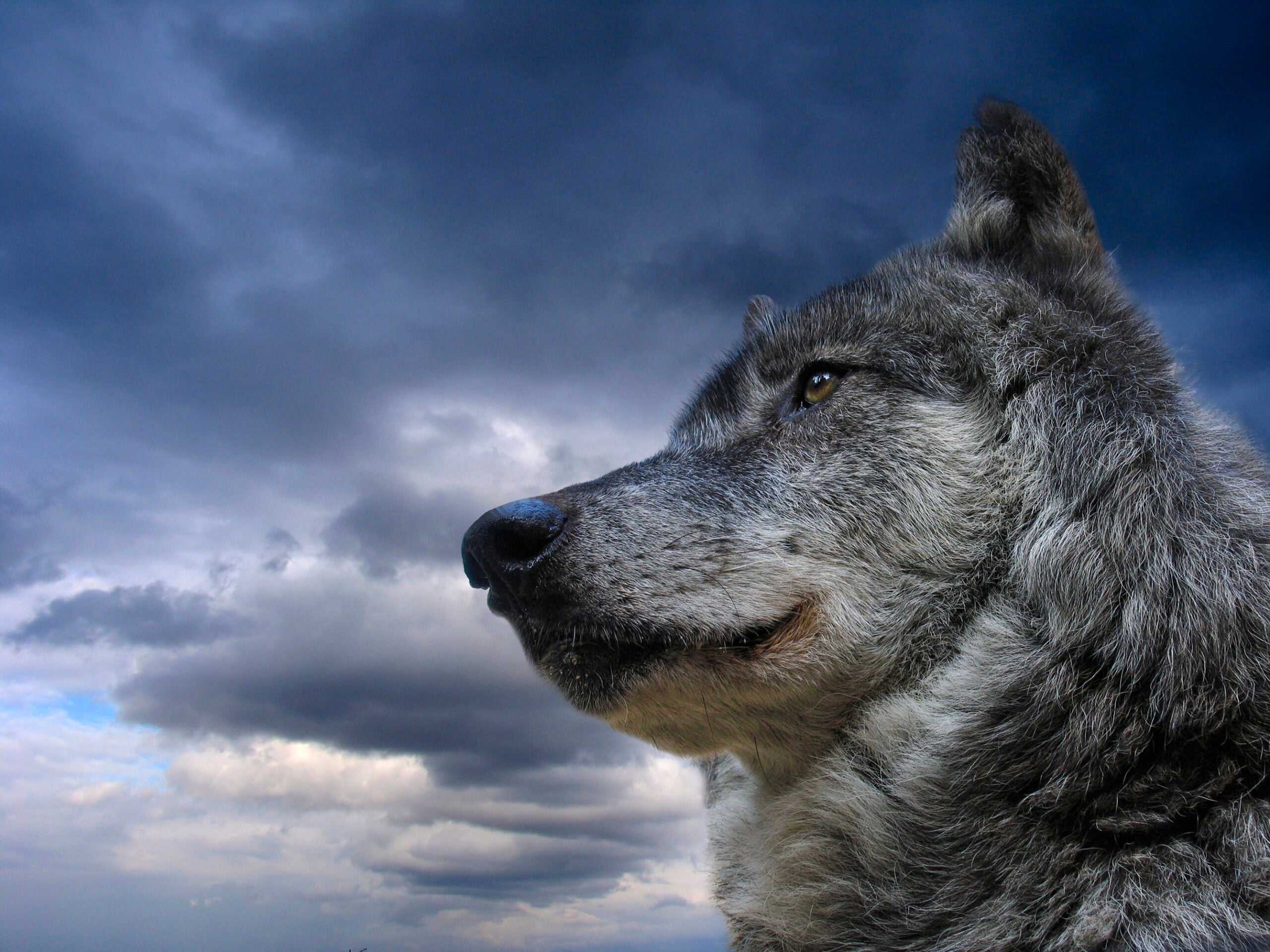Narrowing the Chances of Gray Wolf Recovery
Federal agency proposes handing protections to the states

This page was published 12 years ago. Find the latest on Earthjustice’s work.
If the Obama administration has its way, one of Oregon’s most popular travelers—OR-7—could be a goner. This week, the U.S. Fish and Wildlife Service proposed eliminating federal endangered species listing for wolves across nearly the entire continental U.S., handing protections to the states. This is bad news for wolves since many states are more interested in catering to powerful hunting and ranching interests than protecting this species that hasn’t yet recovered.
OR-7, a male gray wolf born in Oregon, left his pack in September 2011 to cross state lines, perhaps seeking a mate. He captured the imagination of school children and wildlife enthusiasts throughout the country as they followed his path—tracked by a radio collar. He’s traveled through ponderosa pine and mixed conifer forests, shrublands and woodlands and even crossed agricultural lands. He’s been caught on cameras planted in the wilderness.
Not one public sighting or run-in with ranchers or livestock has been reported. Nonetheless, OR-7—and untold numbers of other wolves—could be shot on sight if the FWS lifts federal protections.
The gray wolf is one of the most iconic creatures of the American landscape, once roaming free throughout the United States. Centuries of trapping, hunting and poisoning brought wolves in the lower-48 states to the brink of extinction. By the 1980s, outside of Minnesota, only a few survivors remained.
At least five states in which wolves have already lost federal protections now “protect” the wolf with state-organized hunting seasons. Idaho licensed hunters and trappers to kill 375 wolves in the winter of 2012. Minnesota killed another 410 in 2013.
The gray wolf is one of the most iconic creatures of the American landscape. (Jeremy Weber)
Since the 1980s, wolf recovery in America has had great successes, from the reintroduction of wolves in the northern Rocky Mountains to the revitalization of populations in the western Great Lakes states. But there are still few if any wolves in the in most of their former ranges. Wolves in the Pacific Northwest could stand a chance of recovering if the proper protections are in place and they keep their federal endangered species status.
The wolf has long been in the crosshairs of hunting and livestock interests despite programs that compensate farmers and ranchers for losses caused by wolves. Now is not the time for the federal government to give in to those powerful interests and throw in the towel on wolf recovery, when the job is not yet done.
Earthjustice has worked for more than a decade to give wolves a fighting chance to recover in the Yellowstone region and throughout the country. We’ll be reaching out to our supporters to tell Secretary Jewell that stripping wolves of their federal protections is not a great way to start her term at the Department of Interior.
As OR-7 continues his travels through the forests and back roads of Oregon and California, we will work to defend his species and the habitat that wolves need to survive.